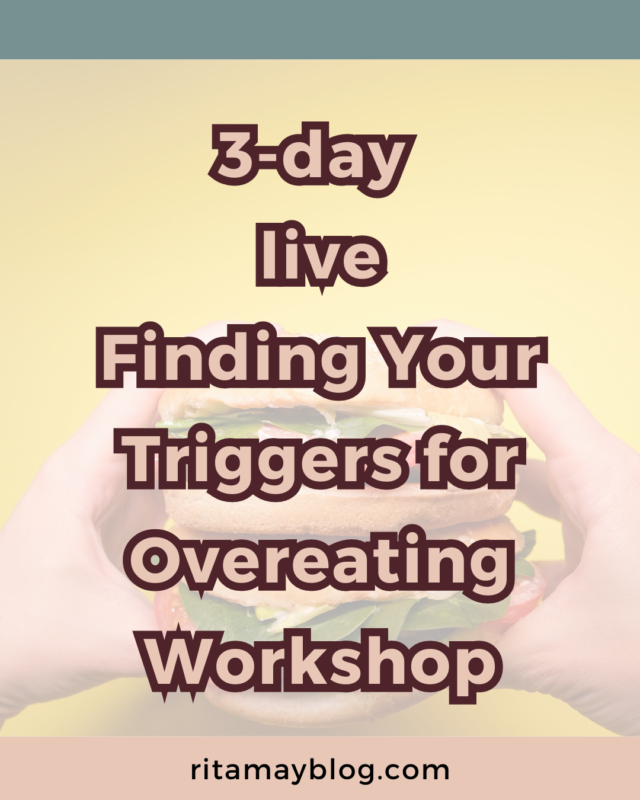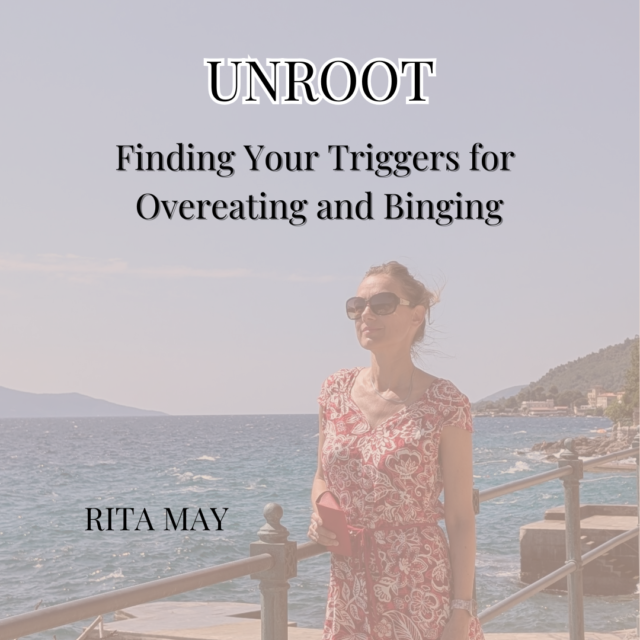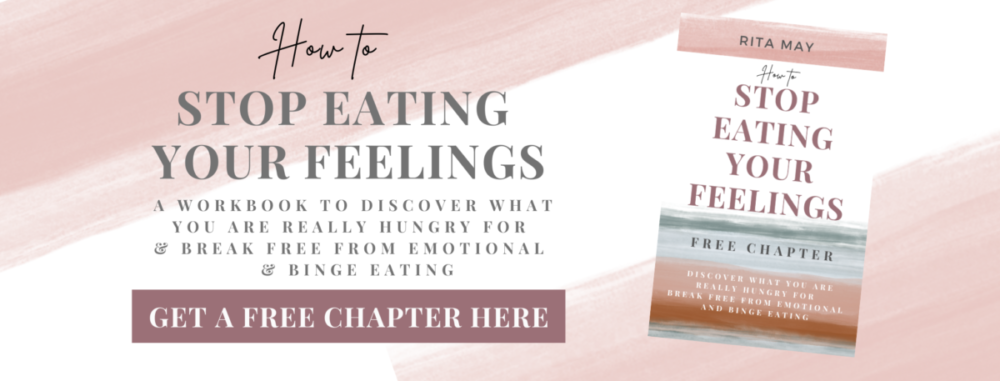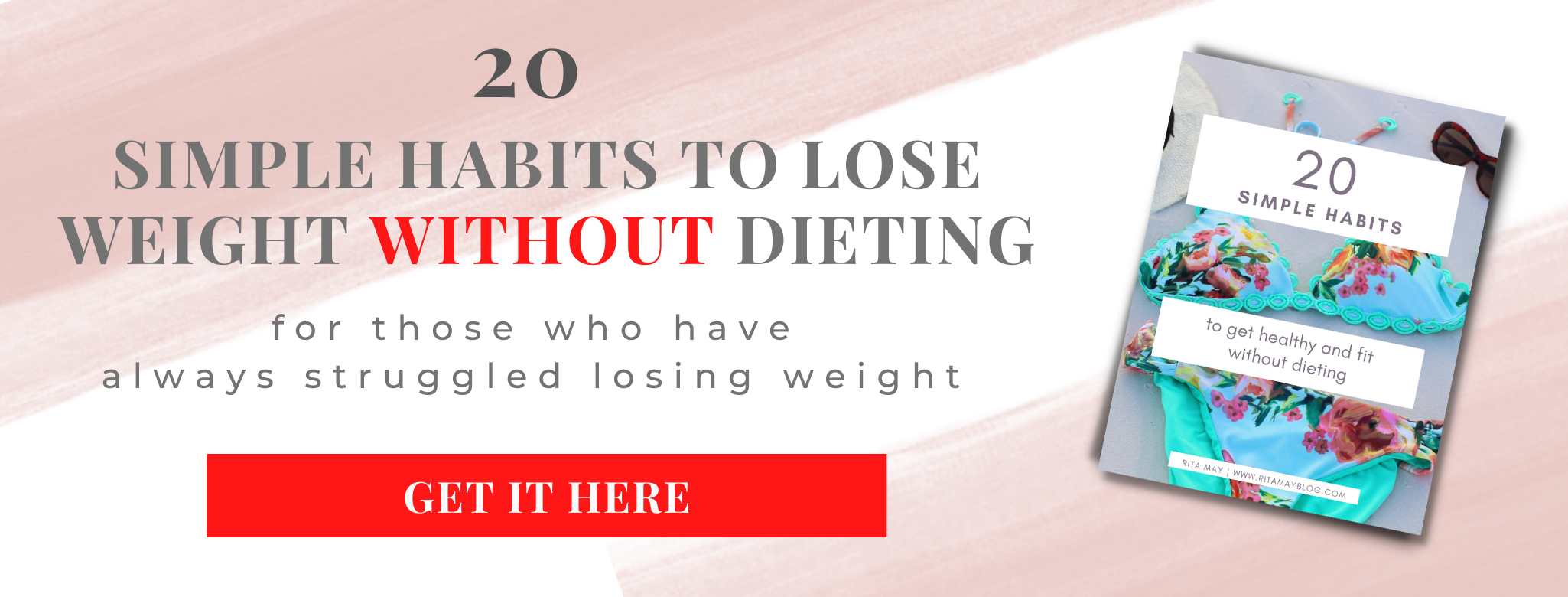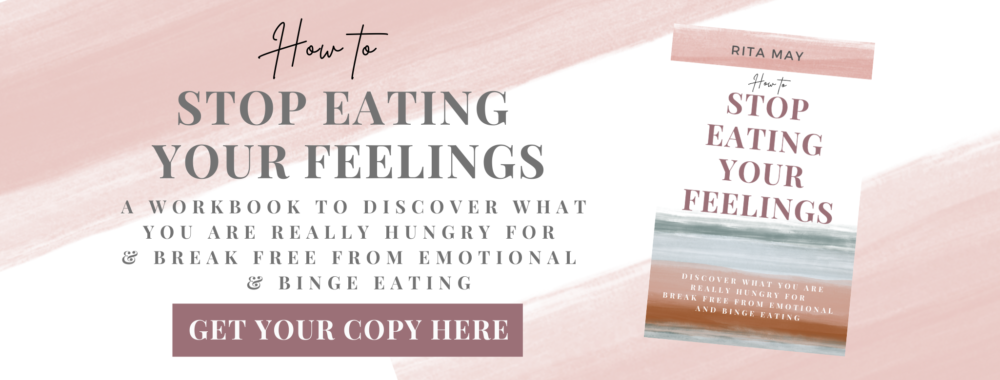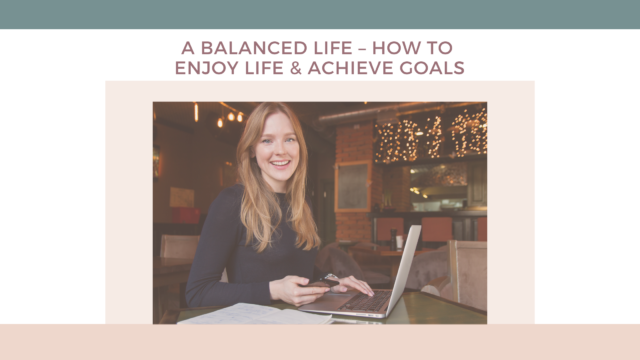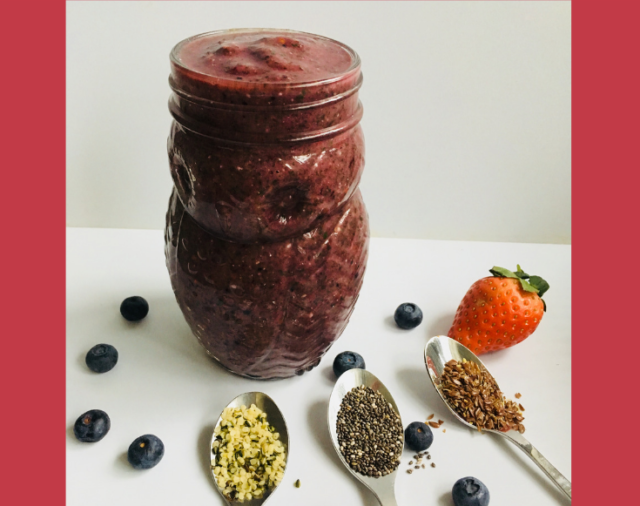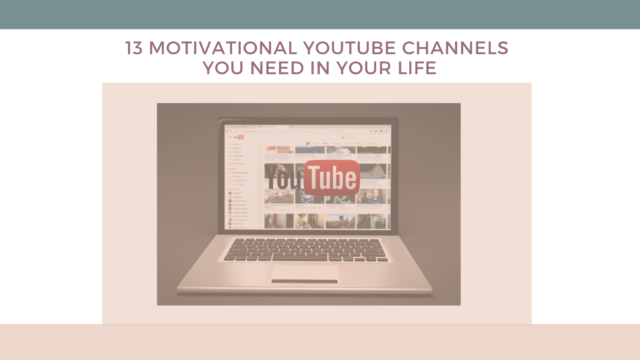As a high-achieving professional woman, you’ve built your life on mastering challenges, solving complex problems, and achieving success in your career.
But when it comes to your relationship with food, things might not be so clear-cut. If you’ve ever struggled with overeating, emotional eating, or binge eating, you’re not alone—and there’s a good chance that some common misconceptions are holding you back from finding the solutions you need.
Understanding the triggers behind your overeating is crucial to taking control of your habits and creating a healthier relationship with food. However, there are several myths about these triggers that can make the journey to self-awareness and change more difficult than it needs to be.
In this article, we’ll debunk four of the most pervasive myths about triggers for overeating and help you see the path forward more clearly.
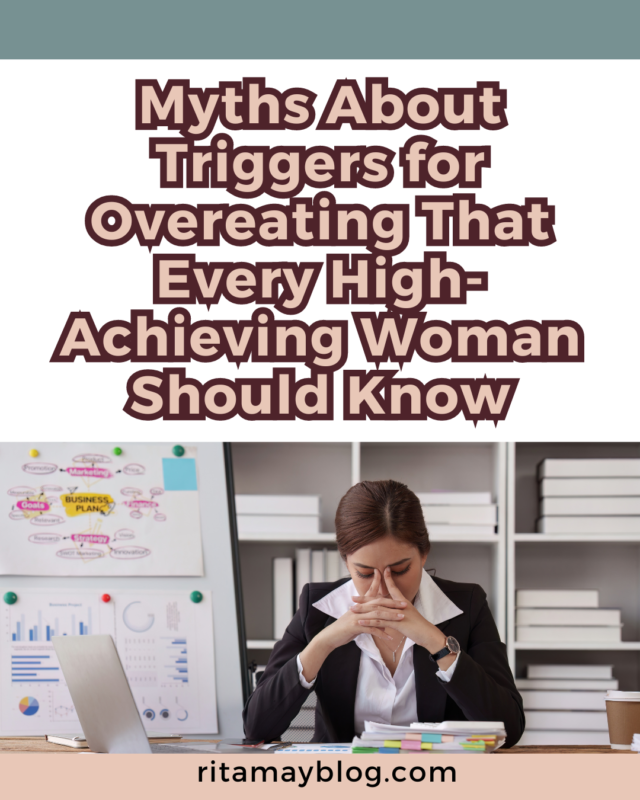
Myth #1: Overeating is just about a lack of willpower
One of the most common myths about overeating is that it’s simply a matter of willpower.
The idea that you can just “try harder” to control your eating habits is not only misleading but also damaging.
As a high-achieving woman, you’re already applying immense willpower in many areas of your life—your career, your responsibilities, and your goals. Yet, when it comes to overeating, willpower alone often falls short.
Overeating is usually not about a lack of discipline; it’s about unmet emotional needs.
Whether it’s stress, anxiety, loneliness, or even boredom, these emotional states can trigger overeating as a way to cope or self-soothe.
Food can become a source of comfort or distraction, and until you address the underlying emotional triggers, no amount of willpower will be enough to change your eating habits.
That’s why I created the UNROOT course to help you find your emotional triggers.
You’ll identify the specific emotions, thoughts, and situations that trigger your overeating, so you can regain control and make healthier choices.
Myth #2: Triggers are always emotional
While emotional triggers like stress, anxiety, and sadness are common, physical factors such as hunger, fatigue, and hormonal imbalances can also act as triggers for overeating.
It’s important to understand that both physical and emotional triggers can drive eating behaviour, and learning to differentiate between them is crucial for managing overeating.
That’s why you’ll also explore physical triggers in the UNROOT course.
I’ll show you how to distinguish between true physical hunger and emotional cravings, giving you the clarity to eat when your body truly needs nourishment, not just when you’re stressed or overwhelmed.
You’ll also discover why you’re always hungry, i.e. what can cause constant physical hunger.
Myth #3: Triggers are always obvious
Not all triggers are obvious or dramatic. Sometimes, they can be subtle, such as a fleeting thought, a particular smell, or even a familiar location.
These small, seemingly insignificant triggers can still lead to overeating, and it’s crucial to become more mindful of your environment and emotions to uncover the less obvious triggers.
I’ll show you simple yet powerful techniques that reveal the hidden patterns in your eating habits in the UNROOT course — so you can start addressing the root cause, not just the symptoms.
Myth #4: You can avoid triggers completely
It’s unrealistic to think you can avoid all your triggers.
Life is full of stressors, emotions, and situations that may prompt overeating.
Instead of avoiding triggers, it’s more effective to learn how to manage them.
This involves developing coping strategies and becoming resilient to your triggers, so you’re not caught off guard when they arise.
This is what you’ll do in the third part of the UNROOT course.
Moving Beyond Myths to Empowered Eating
As a high-achieving woman, you’ve already proven that you have the skills and determination to succeed in many areas of your life. When it comes to your relationship with food, it’s important to move beyond these common myths and embrace a more informed, compassionate approach.
By challenging these myths, you’ll be better equipped to take control of your eating habits, address your emotional needs, and create lasting change.
If you’re ready to dive deeper into discovering your triggers I invite you to enrol in the UNROOT course so you can step in before you react (eat)!
You’ll also get a free 15-minute consultation with me so together we’ll explore practical strategies to help you regain control and develop a healthier relationship with food.
- Lifetime access to the video lessons.
- Self-Assessment Forms: Tools to help you understand your eating habits, and the deeper motivations and emotional triggers behind your eating patterns—ensuring you stay on the path to lasting change.
- Two guided meditations to go deeper and find what you REALLY need other than food and help you step into your power to actually give those things to yourself.
UNROOT course Finding Your Triggers for Overeating.
